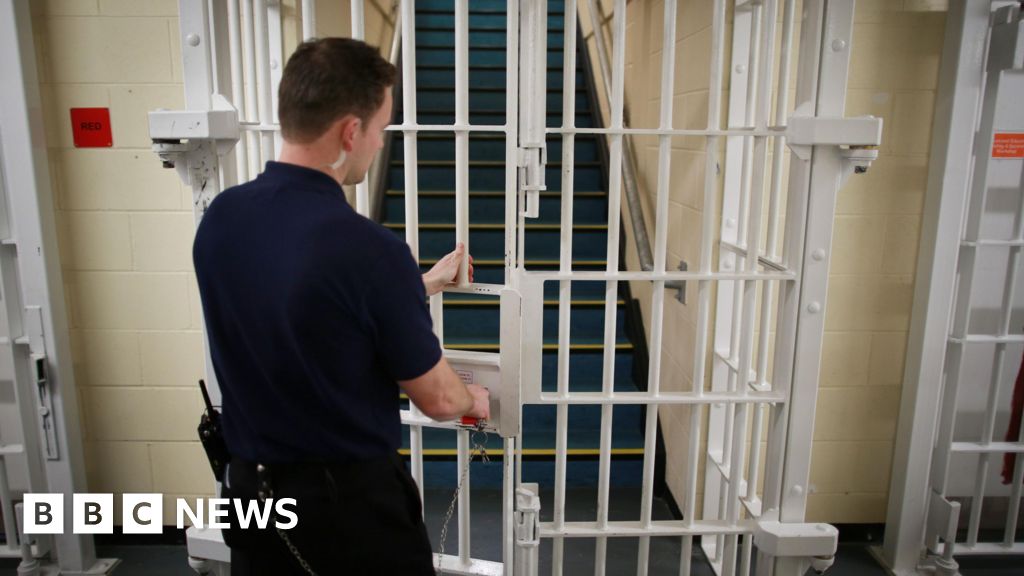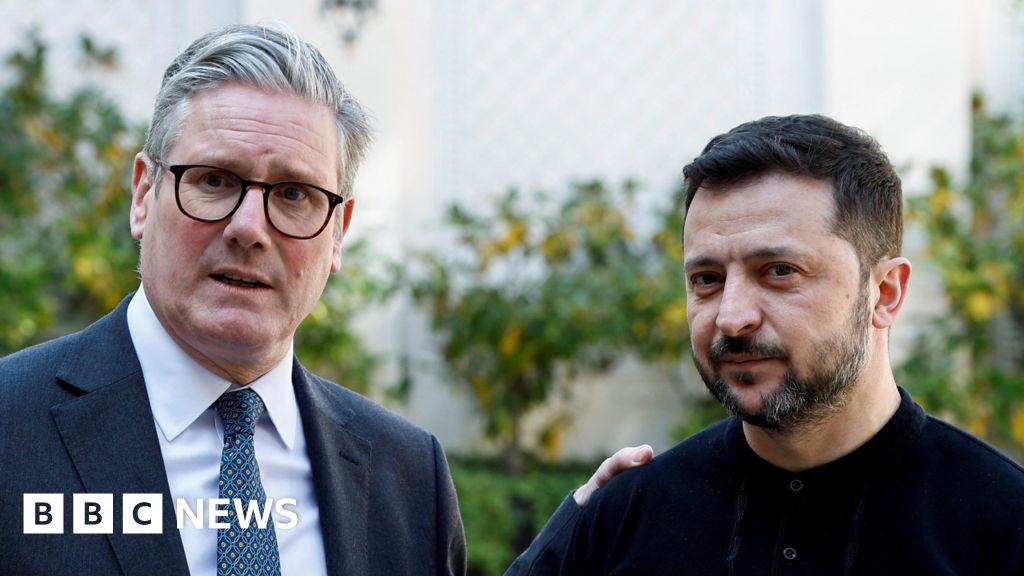ARTICLE AD BOX
image sourceGetty Images
image captionMinisters say they want to be able to react quickly to any future public health emergenciesThe Scottish government wants some emergency Covid-19 powers to become permanent, including the ability to impose lockdowns and close schools.
Most pandemic powers are due to expire in March 2022, but ministers are consulting on making some permanent.
This could include changes which make it harder for tenants to be evicted and the power to release prisoners early.
Deputy First Minister John Swinney said some changes made due to Covid-19 had a "demonstrable benefit to the people".
However, the Conservatives said the move showed Scottish ministers were "unwilling to give up their control over people's lives".
MSPs signed off a raft of emergency powers for the Scottish government at the outset of the pandemic, and have agreed to extend them on several occasions since. They could yet agree to extend them for another six months from March 2022.
However, ministers are looking at whether new legislation should be passed to make some of the changes permanent.
Many of the proposals are aimed at future Covid-19 outbreaks - or the spread of any other infectious virus which poses a serious risk to public health.
The government's consultation says this would mean "ministers can respond effectively and rapidly to any future threats to public health in Scotland".
image sourceGetty Images
image captionMr Swinney said some changes made during the pandemic were beneficial and could be keptIn addition to being able to impose future lockdowns and restrict gatherings, ministers would also be able to order school closures "during the remainder of the pandemic" or for any future outbreak of an infectious disease, so long as they believe it is "necessary and proportionate", and the chief medical officer has been consulted.
Among the plans for the justice system are calls for continued powers to permit the early release of prisoners and allowing people to take part in court cases remotely.
The government argues it would be "prudent to extend the powers" established towards the start of the pandemic so ministers can choose "to order the release of groups of prisoners" to alleviate pressure on the prison system.
Near the start of the pandemic, 348 prisoners were released up to 90 days early from their sentences, although inmates convicted of domestic violence, harassment or Covid-related offences were automatically excluded.
The consultation also suggests a permanent shift to more digital options, including the remote registration of deaths or still births, council meetings and electronic court documents.
image sourceGetty Images
image captionMSPs could yet agree to extend the current Covid-19 powers further into 2022Mr Swinney, who is also the Covid recovery secretary, said: "We want to ensure we remove measures no longer needed in order to respond to the pandemic whilst keeping those where there is demonstrable benefit to the people of Scotland.
"This is an opportunity to maintain changes that have been welcomed by people who now don't want to lose transformations that have been innovative, beneficial, and increased access to services.
"While the pandemic has been incredibly disruptive, its urgency has forced the public services we rely on to adapt and continue and still deliver, driving the pace of digital adoption, and in some cases more efficient ways of working.
"As we enter the recovery phase, we now have a unique opportunity to reimagine how health and social care, learning and justice services can be designed and delivered around the lives and needs of the people who use them."
He added: "We remain committed to expiring or suspending any existing provisions that are no longer necessary, and will continue to report to Parliament every two months on the use of any temporary powers."
The public will have 12 weeks to share their views before the consultation period ends on 9 November.
Scottish Conservative MSP Murdo Fraser said the powers were "intended to be temporary measures", and that attempts by ministers to make them permanent were "a clear sign they are unwilling to give up their control over people's lives".
He said: "With the vast majority of Covid restrictions having now been eased, Scots will be asking serious questions over why these laws would need to remain in place permanently.
"It is a dangerous route to go down to allow ministers to implement sweeping powers upon society on a whim."

 3 years ago
148
3 years ago
148








 English (US) ·
English (US) ·